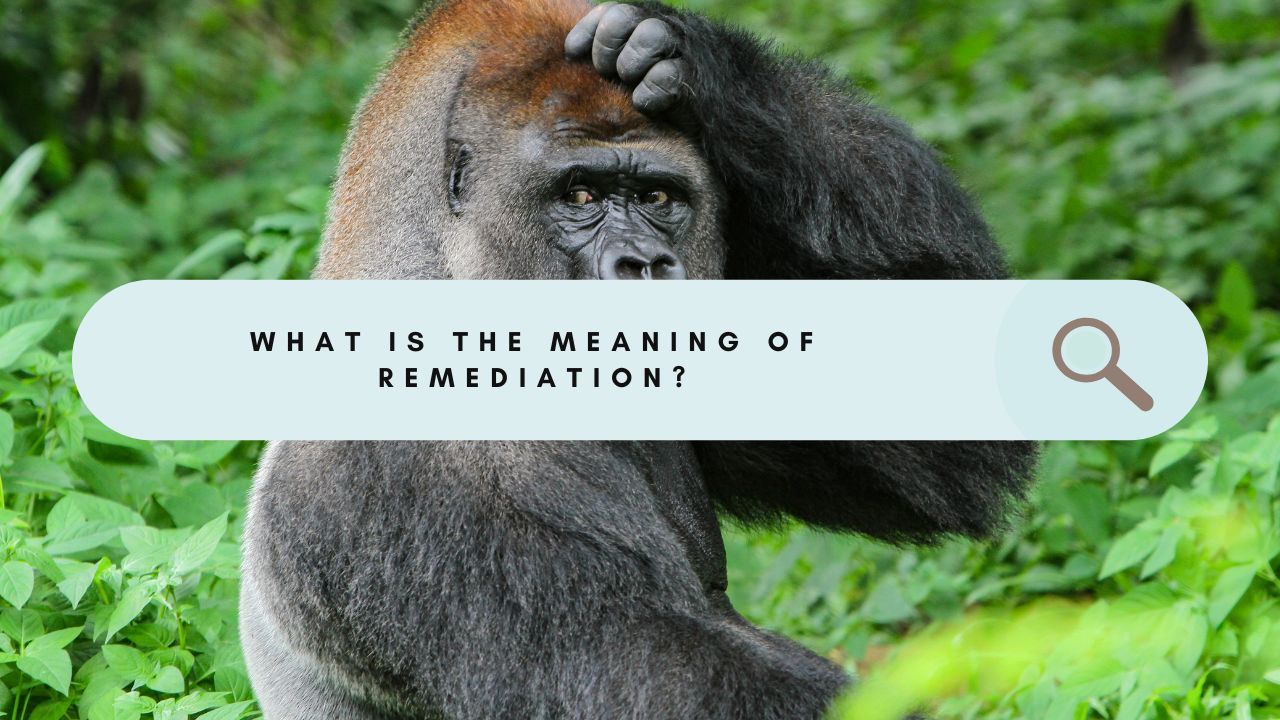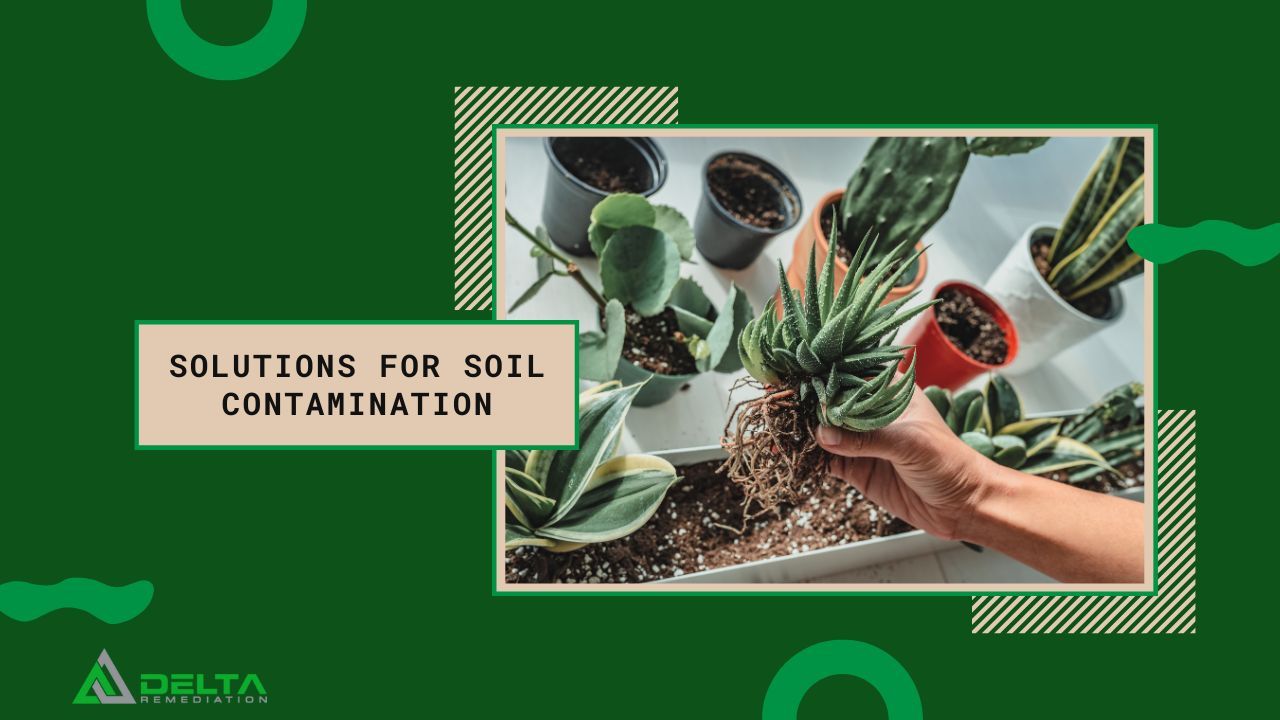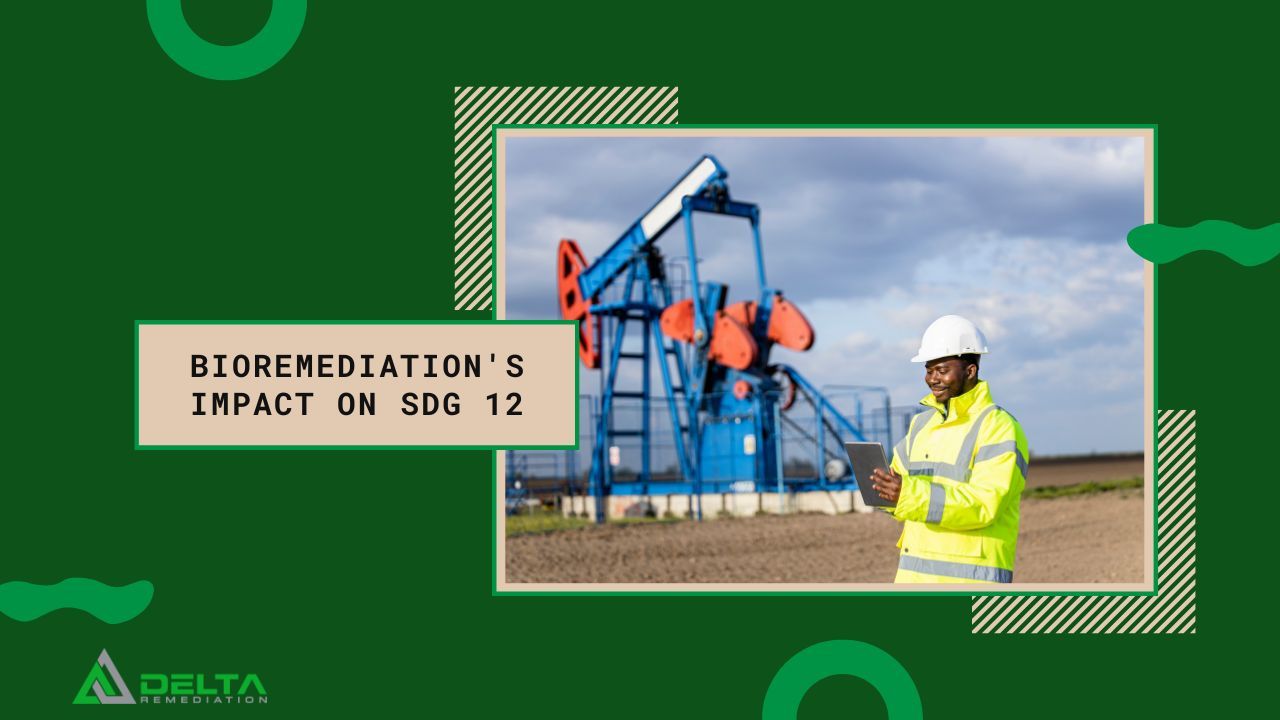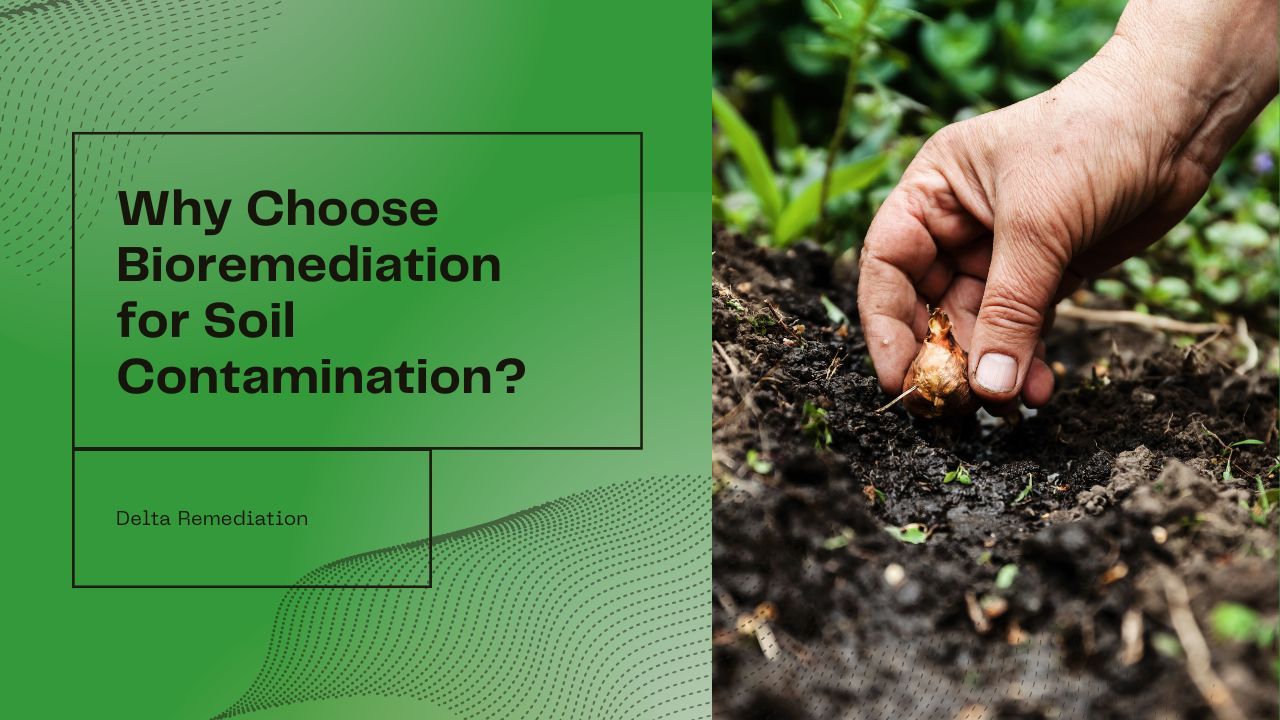
Remediation: Understanding the Word
What is the Meaning of Remediation?
Remediation in environmental science signifies the process of reversing environmental damage by cleaning up and restoring contaminated land, water, or air. According to the Cambridge Dictionary, remediation is:
“the process of removing dangerous or poisonous substances from the environment, or limiting the effect that they have on it.”
It involves employing various techniques to eradicate, minimize, or neutralize pollutants, safeguarding human health and the ecosystem. This process is crucial in addressing soil contamination, groundwater pollution, and air quality issues, often caused by contaminants like petroleum and hydrocarbon spills.
What is a Synonym for Remediation?
“Clean-up” and “decontamination” are synonyms for remediation, each pointing to the action of eliminating harmful substances from an environment to restore its safety and health. These terms are integral to understanding the broader concept of remediation and its impact on environmental health. Cleanup efforts are essential in managing polluted sites, especially those affected by industrial waste and chemical spill incidents, to prevent adverse environmental and health outcomes.
What is an Example of Remediation?
A prime example of remediation is seen in the bioremediation of a site contaminated with hazardous chemicals, where microorganisms are used to degrade the pollutants into non-toxic substances, showcasing an effective method of environmental clean-up. Delta Remediation is a leader in this field with its BioLogix Technology, which enhances the efficiency of bioremediation processes, especially in treating petroleum or hydrocarbon contamination.
Beyond bioremediation, there are other significant methods, including:
Physical remediation: This involves the physical removal of contaminants from a site, often through excavation and dredging for soil and sediment, or pump-and-treat methods for groundwater. This approach directly removes the pollution from the environment, addressing issues like soil contamination and polluted groundwater effectively.
Chemical remediation: Chemical methods involve the use of reactants to convert hazardous contaminants into less harmful substances. Techniques like chemical oxidation, reduction, and stabilization can effectively neutralize or immobilize pollutants, making the site safer for both environmental and human health.
Thermal remediation: Utilizing heat to treat contaminated soil or water, thermal remediation techniques like incineration, thermal desorption, and steam injection destroy or separate contaminants from the medium. High temperatures can break down hazardous substances, such as hydrocarbons, into safer, simpler chemicals.
Phytoremediation: This is a form of bioremediation that uses plants to absorb, accumulate, and degrade pollutants from soil and water. Certain plants can uptake contaminants through their roots and transform or stabilize them, helping to clean up contaminated areas, thus playing a pivotal role in environmental remediation efforts.
Is Remediation the Same as Restoration?
While remediation and restoration are closely related, they are not identical. Remediation mainly deals with the removal or neutralization of contaminants to prevent further harm, often involving ex-situ and in-situ techniques for tackling pollution at its source. Restoration, however, involves restoring an ecosystem to its original state, often requiring more comprehensive measures including the reintroduction of native flora and fauna, following successful cleanup and remediation efforts.
Conclusion
Understanding remediation and its various facets is crucial for anyone involved in or affected by environmental management. The process not only addresses immediate pollution concerns but also works towards the long-term sustainability of our natural resources. With ongoing technological and methodological advancements, the field of remediation, especially groundwater remediation and soil contamination treatment, continues to evolve, offering new and improved solutions for environmental restoration.
Links
See More
See Delta In Action





